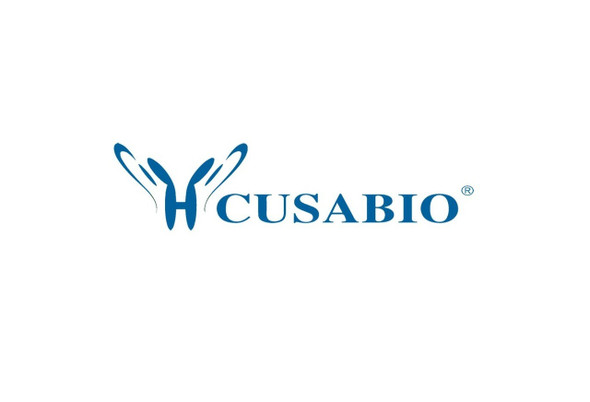Cusabio Polyclonal Antibodies
IRF4 Antibody | CSB-PA220104
- SKU:
- CSB-PA220104
- Availability:
- 3 to 7 Working Days
Description
IRF4 Antibody | CSB-PA220104 | Cusabio
IRF4 Antibody is Available at Gentaur Genprice with the fastest delivery.
Online Order Payment is possible or send quotation to info@gentaur.com.
Product Type: Polyclonal Antibody
Target Names: IRF4
Aliases: interferon regulatory factor 4
Background: The protein encoded by this gene belongs to the IRF (interferon regulatory factor) family of transcription factors, characterized by an unique tryptophan pentad repeat DNA-binding domain. The IRFs are important in the regulation of interferons in response to infection by virus, and in the regulation of interferon-inducible genes. This family member is lymphocyte specific and negatively regulates Toll-like-receptor (TLR) signaling that is central to the activation of innate and adaptive immune systems. A chromosomal translocation involving this gene and the IgH locus, t (6;14) (p25;q32), may be a cause of multiple myeloma. Alternatively spliced transcript variants have been found for this gene.
Isotype: IgG
Conjugate: Non-conjugated
Clonality: Polyclonal
Uniport ID: Q15306
Host Species: Rabbit
Species Reactivity: Human, Mouse
Immunogen: Synthetic peptide of human IRF4
Immunogen Species: Human
Applications: ELISA, WB
Tested Applications: ELISA, WB;ELISA:1:1000-1:2000, WB:1:200-1:1000
Purification Method: Antigen affinity purification
Dilution Ratio1: ELISA:1:1000-1:2000
Dilution Ratio2: WB:1:200-1:1000
Dilution Ratio3:
Dilution Ratio4:
Dilution Ratio5:
Dilution Ratio6:
Buffer: -20°C, pH7.4 PBS, 0.05% NaN3, 40% Glycerol
Form: Liquid
Storage: Upon receipt, store at -20°C or -80°C. Avoid repeated freeze.
Initial Research Areas: Tags & Cell Markers
Research Areas: Epigenetics & Nuclear Signaling;Cancer;Tags & Cell Markers









